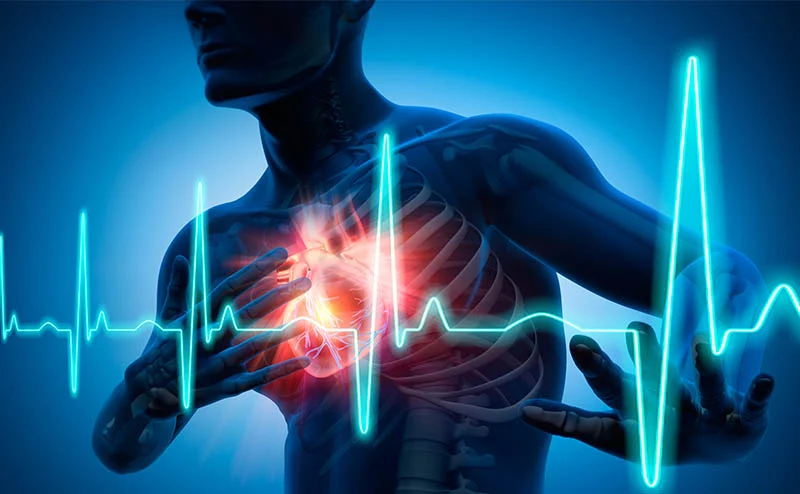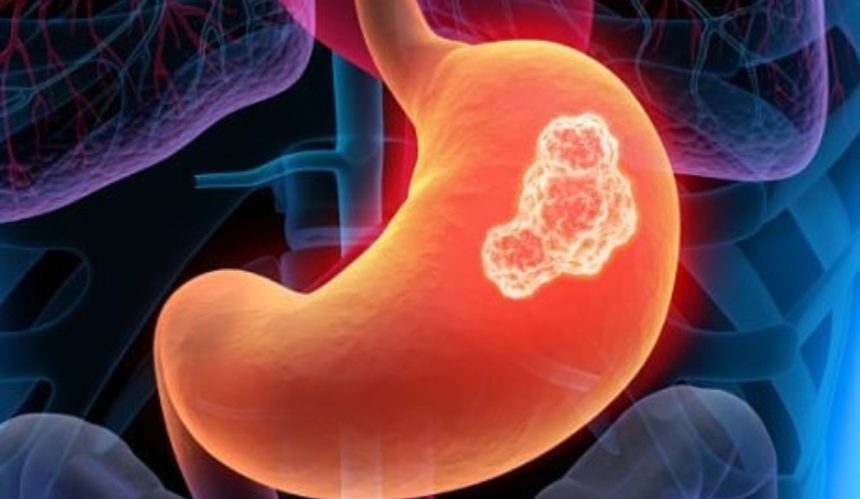When it comes to heart health, recognizing heart attack symptoms is critical. A heart attack, also known as a myocardial infarction, occurs when the blood flow to a part of the heart is blocked, leading to damage or death of the heart muscle. While heart attack symptoms can be sudden and severe, they often come with warning signs that, if recognized early, can save lives. In this comprehensive guide, we’ll delve into the various symptoms of a heart attack, empowering you with the knowledge to identify and respond effectively to this critical medical emergency.

Understanding Heart Attack Symptoms:
Heart attack symptoms can vary from person to person and may not always be immediately obvious. However, being aware of the common warning signs can help you take prompt action when they arise. Some characteristics include the following:
Chest Pain or discomfort:
The most classic heart attack symptoms is chest pain or discomfort. This may feel like pressure, tightness, squeezing, or pain in the centre or left side of the chest.
Must visit our homepage
The sensation may come on suddenly or gradually and may last for several minutes or more.
Upper Body Discomfort:
Pain or discomfort may radiate to other areas of the upper body, including the arms, back, neck, jaw, or stomach.
Individuals experiencing a heart attack may feel pain or discomfort in one or both arms, the back, neck, jaw, or stomach.
Shortness of breath:
Difficulty breathing or shortness of breath can occur with or without chest discomfort during a heart attack.
This symptom may be mild or severe and may worsen with physical exertion.
Nausea, Indigestion, or Vomiting:
Some people may experience nausea, indigestion, heartburn, or vomiting as symptoms of a heart attack.
These symptoms may be mistaken for other gastrointestinal issues but can also indicate a cardiac event.
Cold Sweats, Fatigue, or Lightheadedness:
Feeling unusually sweaty, fatigued, or lightheaded can also be a warning sign of a heart attack.
These symptoms may occur with other warning signs or on their own.
Responding to Symptoms:
Knowing how to respond to the symptoms of a heart attack is crucial for improving outcomes. Here’s what you should do if you or someone else experiences symptoms suggestive of a heart attack:
Call Emergency Services:
Dial emergency services immediately if you or someone else is experiencing symptoms of a heart attack.
Time is of the essence during a heart attack, and seeking medical help without delay can save lives.
Chew Aspirin (if advised):
Unless a medical professional advises otherwise, chew and swallow an aspirin if you have a prescription for it and are experiencing heart attack symptoms.
Aspirin can help reduce blood clotting and minimize damage to the heart muscle.
Stay calm and Rest:
While waiting for emergency services to arrive, try to stay as calm and relaxed as possible.
Rest in a comfortable position and avoid exerting yourself unnecessarily.
Provide Information:
If you’re with someone experiencing symptoms of a heart attack, provide as much information as possible to emergency responders.
This may include details about the person’s symptoms, medical history, and any medications they’re currently taking.
Conclusion:
Recognizing the heart attack symptoms and taking prompt action can make a significant difference in the outcome. By familiarising yourself with the warning signs and knowing how to respond effectively, you can help save lives. Remember, if you or someone else experiences symptoms suggestive of a heart attack, don’t hesitate to seek medical assistance immediately. It’s always better to err on the side of caution when it comes to matters of the heart. That’s why you should be informed, know about vigilance, and give high priority to your heart’s health.



Hi, this is a comment.
To get started with moderating, editing, and deleting comments, please visit the Comments screen in the dashboard.
Commenter avatars come from Gravatar.
awesome